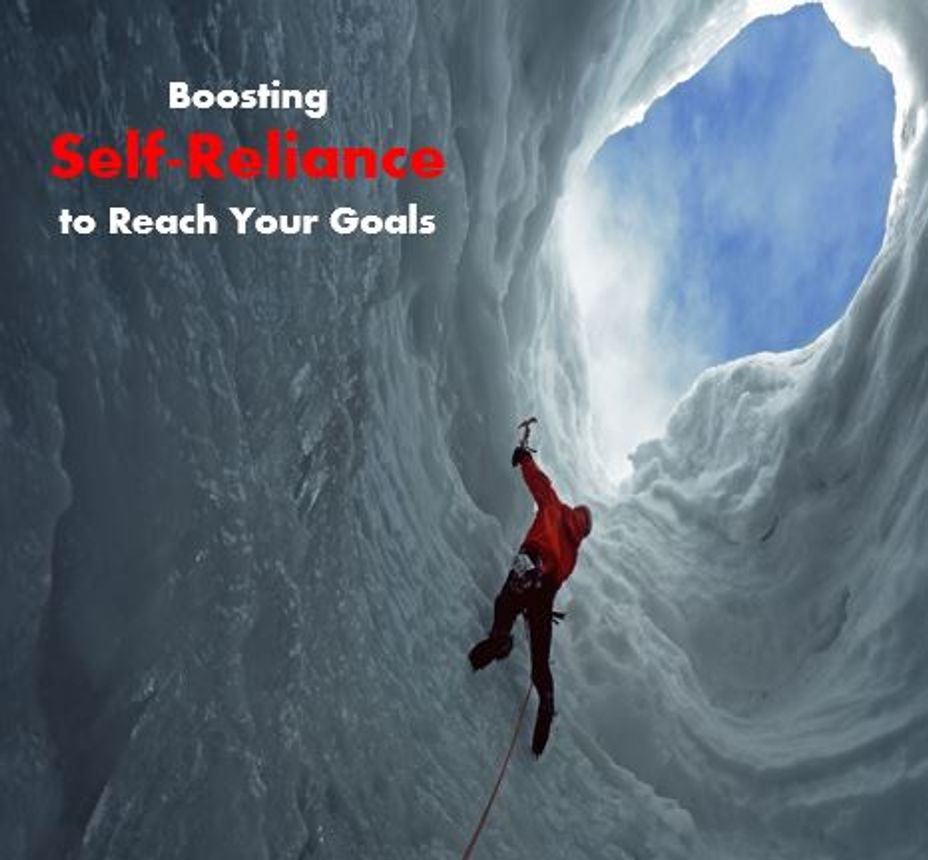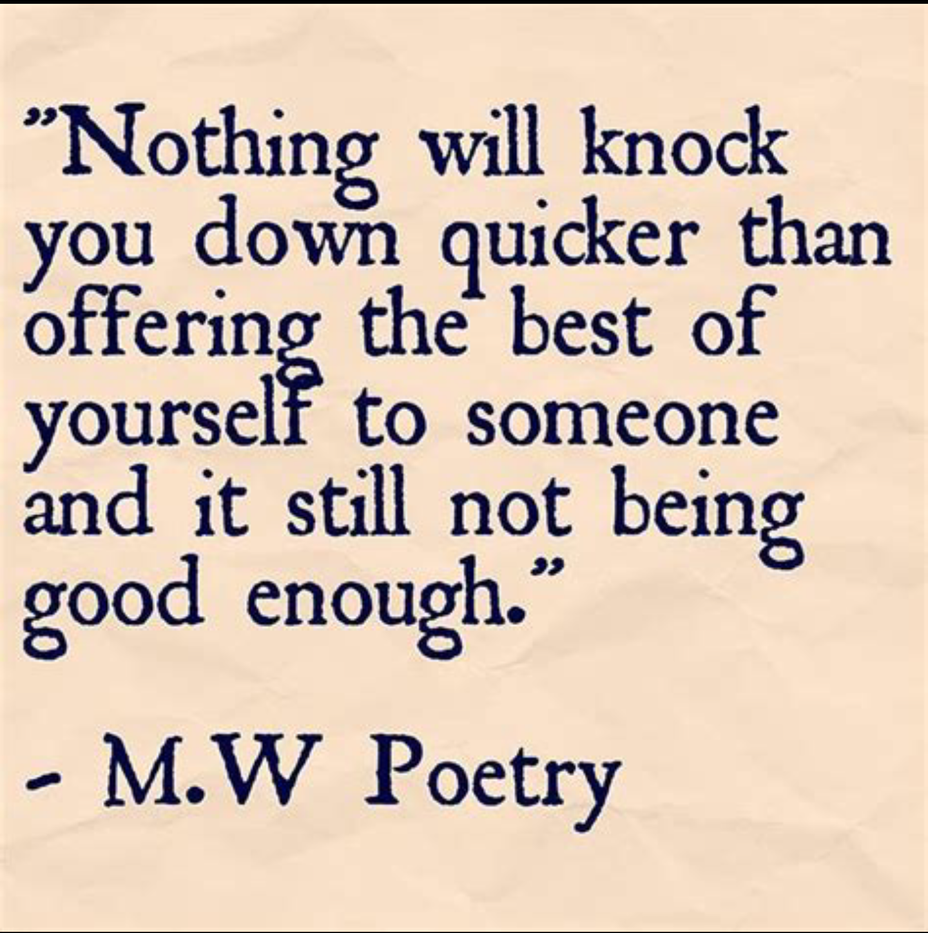Boosting Self-Reliance for Positive Mental Health
I am a single mom of 2 awesome young men who were both attending college during the COVID-19 mandatory stay-at-home order. I watched the college experience for so many young people shift overnight from an on campus high energy socially active and vibrant hands-on learning experience to an isolating Zoom centric static virtual learning environment. Many of the students I spoke with experienced feelings of anxiety, depression, fear, and loneliness. They felt robbed of a true college experience, and it impacted their life goals. Emerging evidence suggests my observations are not an anomaly, but unfortunately, the norm (Fischer, 2020; Khan et al., 2020; Liu et al., 2020). Public officials focused their time, energy, and policies on keeping students locked down under the assumption it would slow the spread, but at what cost, and with little regard for their mental well-being.
Two years later, many schools finally re-opened, but the students are still behind and reeling from the COVID-19 mental health destruction. Self-reliance is not only a survival theme, but a thriving theme that I would encourage universities to integrate into the educational curriculum to teach students how to de-code their inner strength to enable them to solve problems and improve their overall well-being, especially during times of crisis. Students try to exude self-reliance because they are growing up and want to be autonomous, but it is not easy to independently turn thoughts into action, especially when they are experiencing psychological despair.
Self-reliance is a state of mind, but it is also a process that should be taught at an early age to guide decision-making, especially during times of crisis. Many young people prefer to manage issues on their own, but this can create challenges when trying to balance the need for autonomy with the need for mental health support and they may not have the right resources to take action. Through self-reliance we can decode our inner strength, allowing us the opportunity to decrypt patterns in our lives and act on things that may be blocking us from moving forward. Leaders play a key role in this process by integrating self-reliance resources into academic and healthcare programs to teach and empower our vulnerable youth to create their own successful pathway to positive mental health sustainability within our unpredictable system of life.
Self-Reliance Resources:
1. Practice Yoga: Ayurveda, a self-reliance concept depicting the knowledge of life is being rooted within to balance oneself, relationships, community, and health within the system of life. Everyone has the capacity to look inward, practice self-reliance, and improve your own health and wellness (Mathpati et al., 2022).
2. Embrace Mindfulness: Mindfulness is a self-care therapy technique focused on your own well-being and inner strength in the present moment. Calmly reflect on your own feelings, thoughts, and actions to address problems. Check out Calm for daily mindfulness activities.
3. Mobile Health Applications: Check out these free or low-cost coaching interventions to overcome barriers in seeking mental health care, such as high cost, access, and confidentiality: BetterMe, MindDoc, Lark, BetterHelp, and Moodfit.
4. Start a Journal: Reflection tools provide self-help and discovery that can lead to action. Write down your SMART (specific, measurable, achievable, realistic, and timebound) GOALS to keep your inner self focused, motivated, and driven to let your light shine.
5. Develop Self-Reliant Mentality: Healthy mindset is a developmental process that takes time but is key to overcoming feelings of anxiety, depression, and stress. Let’s guide our students into a self-reliant mentality by teaching them how to create their own blueprint. Check out: Heading Out On Your Own: 31 Basic Life Skills in 31 Days” (McKay, B. & McKay, K. 2014).
Let’s work together to boost the self-reliance mindset that lives within us all!
Julie Craft, M.S.
Mother of Two Young Adults Who Experienced COVID-19 Lockdowns During College
Health-Tech Executive
Doctoral Candidate in Healthcare Leadership
References
Fischer, K. (2020). Confronting the seismic impact of COVID-19: The need for research.
Journal of International Students, 10(2), i–ii. doi.org/10.32674/jis.v10i2.2134
Khan, A. H., Sultana, S., Hossain, S., Hasan, M. T., Ahmed, H. U., & Sikder, T. (2020). The impact of COVID-19 pandemic on mental health & wellbeing among home-quarantined bangladeshi students: A cross-sectional pilot study. Journal of Affective Disorders. doi.org/10.1016/j.jad.2020.07.135
Liu, C., Zhang, E., Wong, G., Hyun, S., & Hahm, H. (2020). Factors associated with depression, anxiety, and PTSD symptomatology during the COVID-19 pandemic. Psychiatry Research, 290, 113–172. doi.org/10.1016/j.psychres.2020.113172
Mathpati, M. M., Payyappallimana, U., Shankar, D., & Porter, J. D. (2022). 'Population self-reliance in health' and COVID-19: The need for a 4th tier in the health system. Journal of Ayurveda and integrative medicine, 13(1), 100354. doi.org/10.1016/j.jaim.2020.09.003


